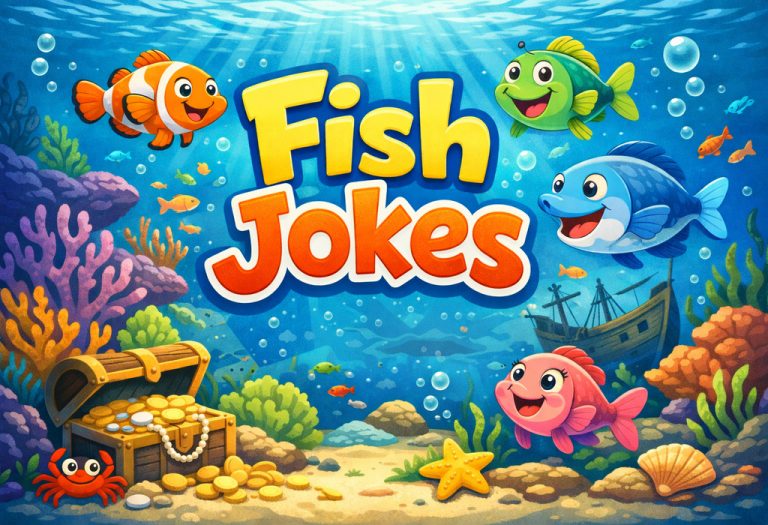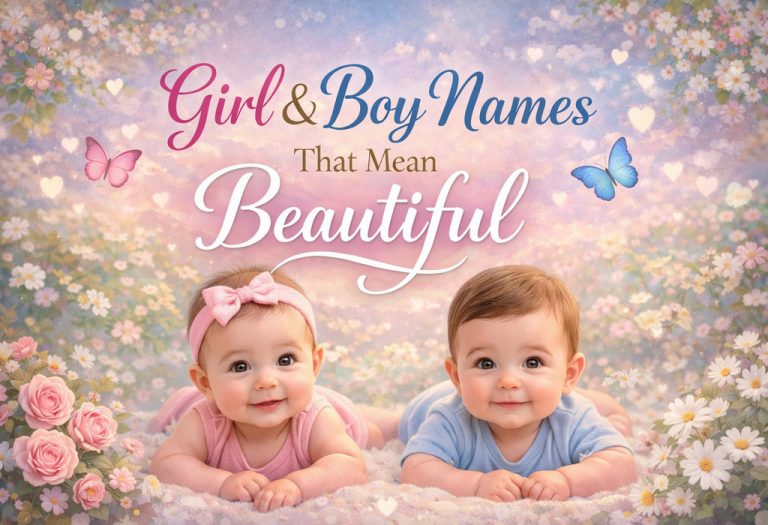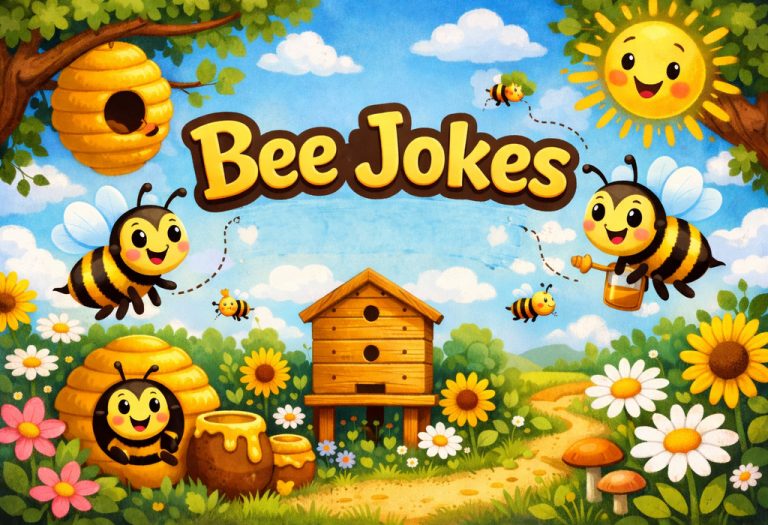6 Months Old Baby Milestones and Development
Babies grow really fast, and by the time your baby is six months old, you will see many physical and intellectual changes happening to her. Every day brings in something new, and you love to see all these changes in your baby. During this time, they start to show new skills like better head control, a growing ability to interact, and increased curiosity about the world around them. This is also when they begin to explore new sounds and movements. Keeping track of these 6-month milestones can help parents support their baby’s growth and ensure the baby is developing well. In the following article, we shall acquaint you with some common 6-month developmental milestones your baby may achieve when she turns six months old.
6-Month-Old Baby Milestones Chart
The following chart will help you understand the achieved and emerging six month milestones of your baby:
| Your Baby’s Achieved Developmental Milestones | Your Baby’s Emerging Developmental Milestones |
| Better grasping- can make use of all fingers to hold | Will use index finger and thumb to hold also known as raking grasp. |
| Can sit without any support | Will try to get into the sitting position |
| Eat some selected fruits and vegetable | Can eat a wide variety of fruits and vegetables |
| Improved colour vision and depth perception | Will be able to differentiate between more colours and perceive depth in a better way |
| Better sleep for several consecutive hours at night | Will have better night sleep and lesser feeding breaks in between |
| Can stretch to grab an object | Will crawl to grab the object |
| Can roll in both directions | Will roll in any direction, even while sitting and crawling |
| Can make simple consonant and vowel sounds | Will make more complex sounds |
| Can recognise familiar faces | Will try and communicate through gestures with familiar faces |
Some Major Developmental Milestones Your Child Should Reach by Six Month of Age
We have categorised the major 6 month old infant milestones in the following categories:
1. Cognitive Developmental Milestones
Cognitive development deals with your baby’s overall brain development, including intelligence and thinking ability (7).
- Enhanced Curiosity: Your baby will become a little explorer and want to explore everything around her. She will touch, hold, and feel the things that fascinate her.
- Copy Sounds: By this time, your baby will develop better sound interpretation skills and imitate the sounds she hears.
- Responds to Her Name: Around this time, your baby remembers the sound of her name and is also able to interpret it, so she’ll respond when you call her name.
- Utters Basic Sounds: Your baby will say common vowel and consonant sounds and may reply with these sounds when you talk to her.
2. Physical Development Milestones
By the time your baby is six months old, she will be able to achieve the following physical development milestones and gross motor capabilities:
- Better Hand-Eye Coordination: Your baby will have more precise and better hand movements because of better vision. She will hold and observe the objects.
- Improved Depth Perception and Colour Vision: Your baby’s vision has improved tremendously since birth. By this time, she can differentiate between various colours, estimate distance, and track objects.
- Uses All Fingers for Grasping: Your baby will use all fingers to hold tiny or small objects, which is called a raking grasp.
- Sits Without Any Support: Your baby develops strong back muscles and thus can sit and manage her entire body weight. However, she may still be unable to get to the sitting position independently.
3. Communication Skills
Here are some of the communication skills that your baby will have by the time she is six months old (6):
- Your baby will start responding to her name.
- Your baby will start making sounds that will show her happiness or displeasure.
- Your baby will respond to different sounds by making sounds.
- Your baby will start babbling and try taking turns making different sounds with parents or siblings.
4. Sleep Pattern
Your baby will develop a better sleeping pattern by six months of age, and some of the following milestones may also be achieved (4):
- Your baby will have longer uninterrupted sleep sessions at night.
- Your baby may sleep for 6 to 8 hours at a stretch.
- Your baby will be able to roll over independently.
- Your baby may not get up for feeds at night.
5. Senses
Here are some of the sensory developmental milestones that your six-month-old baby will achieve:
- Your baby likes to touch and feel various textures. She will touch her food, toys, water, and various other objects to feel them.
- Your baby develops better vision and thus will get attracted to bigger, brighter and bolder objects.
- Your baby will feel comforted by touching, rocking and gentle sounds.
- Your baby may not feel upset by everyday sounds.
- Your baby will hold objects or toys with both hands and try to bring them towards her mouth.
6. Social and Emotional Developmental Milestones
Here are some social and emotional developmental milestones that your six-month-old baby will achieve (1):
- Recognises Familiar People: Your baby will recognise and may also feel comfortable in the company of known or familiar people you may meet regularly. On the other hand, she may fuss or cry when she sees new or unfamiliar faces.
- Enjoys Playing: Your baby will show interest and enjoy playing with parents, siblings or caregivers.
- Varied Expressions: By this time, your baby will develop various expressions for various things. You may notice her making different faces for hunger, sleep, discomfort, or pain.
- Responds to Emotions: You will see your baby responding to familiar people. She may make happy and sad faces according to different situations.
7. Motor Developmental Milestones
Motor development includes both fine and gross motor skills. By six months, look for these milestones (8):
- Pushes Up on Hands: When lying on their stomach, your baby will push up on their hands, strengthening their arms and shoulders.
- Transitions Between Positions: Your baby may transition from lying down to sitting up, showing improved control of their body movements.
- May Start to Crawl: Some babies might begin to show early crawling movements or attempt to move forward using their arms and legs.
- Increased Stability While Sitting: Your baby will demonstrate better stability while sitting, allowing them to reach for toys and interact with their surroundings more comfortably.
- Grasps With Palm and Fingers: Your baby will use their palm and fingers to grasp and manipulate objects, reflecting fine motor skill development.
When to Worry?
Every baby will reach the milestones mentioned above sooner or later, but some indications may alarm the parents. These are (5):
- Your Baby Is Unable To Sit Even With Support: Babies develop stronger back muscles, which help them to sit. However, if your baby cannot sit even with support, this means there is a delay in your baby’s physical growth.
- Your Baby Makes No Sounds or Responds to Sounds: Though babies at this age do not talk, they make sounds and respond to sounds. If your baby is doing neither, then it may indicate that there is some problem with the vocal cords or that your baby may have hearing issues.
- Your Baby Does Not Recognise Familiar Faces: If your baby does not recognise familiar people, there may be some problem in vision or cognitive development.
- Your Baby Appears Inactive or Shows Poor Motor Skills: By this age, most babies love to play with toys. If your baby appears inactive or shows no interest in playing, this could mean that your baby is facing developmental delays.
Ways to Help Your 6-Month-Old Achieve the Milestones
As parents, you help stimulate your baby’s growth and development by following some simple tips:
- Tummy Time: It is very important to give your baby some time to lie on her tummy. This helps strengthen and tone your baby’s muscles and makes her agiler.
- Engage Your Baby in Conversations and Play Time: Talking and playing with your baby stimulates your baby’s listening skills (6).
- Outdoor Activities and Reading: Taking your baby to gardens, parks, or other outdoor locations helps stimulate the baby’s vision. You can also read colourful books to your baby (2).
- Social Interaction: It is very important that your baby meets and sees new faces and people. This will help your baby develop better social and communication skills.
FAQs
1. What types of games are beneficial for a six-month-old?
Interactive play, such as peek-a-boo, playing with textured toys, and simple musical games, are beneficial. These activities support cognitive, sensory, and social development while strengthening the parent-child bond (3).
2. What are some typical feeding changes for a six-month-old baby?
By six months, many babies begin to show interest in solid foods in addition to breast milk or formula. They might start experimenting with different textures and flavours and may be able to grasp and bring small pieces of food to their mouth.
3. What should I do if my baby seems unusually fussy or has trouble sleeping?
If your baby is unusually fussy or having trouble sleeping, consider factors like teething, changes in routine, or minor illnesses. Consistent sleep routines, soothing activities, and addressing physical discomfort can help. If concerns persist, consult your paediatrician for guidance.
A well-nurtured baby may achieve all the milestones mentioned above by six months of age. However, it is recommended that you remain watchful as parents and register any developmental delays. Contact your paediatrician as soon as you register any developmental delays.
Infographic: 6 Months Old Baby Development
References/Resources:
1. Your baby’s developmental milestones at 6 months; UNICEF; https://www.unicef.org/parenting/child-development/your-babys-developmental-milestones-6-months
2. Important Milestones: Your Baby By Six Months; Centers for Disease Control and Prevention; https://www.cdc.gov/ncbddd/actearly/milestones/milestones-6mo.html
3. Developmental Milestones: 0 to 6 Months; Nationwide Children’s Hospital; https://www.nationwidechildrens.org/family-resources-education/health-wellness-and-safety-resources/helping-hands/developmental-milestones-0-to-6-months
4. Baby Development at 4-6 Months; Children’s Hospital of Orange County; https://choc.org/primary-care/ages-stages/4-to-6-months/
5. YOUR BABY AT 6 MONTHS; State of Michigan; https://www.michigan.gov/mikidsmatter/-/media/Project/Websites/mikidsmatter/documents/MDE_MilestoneChecklist_6_Months.pdf?rev=16b9a10f021b458dae8aeb67763b9f3b
6. 6 month developmental milestones; NHS; https://www.cambspborochildrenshealth.nhs.uk/child-development-and-growing-up/milestones/6-months/
7. Your Child’s Development: 6 Months; Nemours KidsHealth; https://kidshealth.org/en/parents/development-6mos.html
8. 4-6 Months Milestones; Pathways; https://pathways.org/growth-development/4-6-months/milestones/
Previous Month: 5 Months Old Baby Milestones
Next Month: 7 Months Old Baby Milestones
Was This Article Helpful?
Parenting is a huge responsibility, for you as a caregiver, but also for us as a parenting content platform. We understand that and take our responsibility of creating credible content seriously. FirstCry Parenting articles are written and published only after extensive research using factually sound references to deliver quality content that is accurate, validated by experts, and completely reliable. To understand how we go about creating content that is credible, read our editorial policy here.






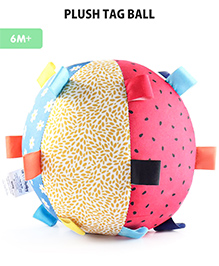

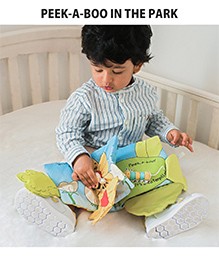

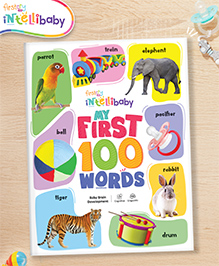



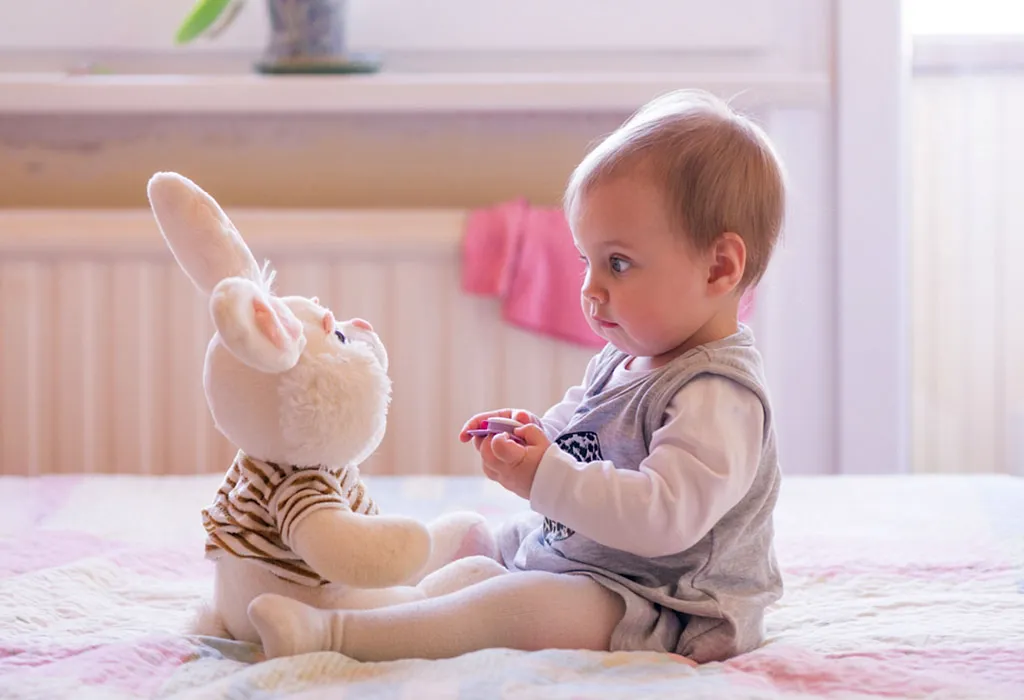
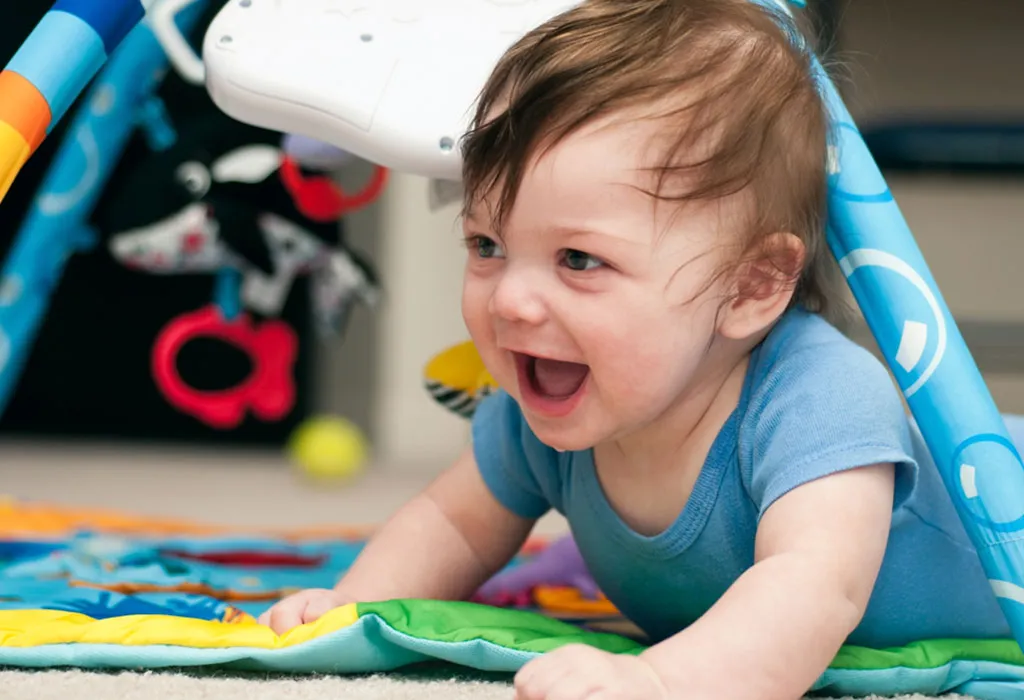

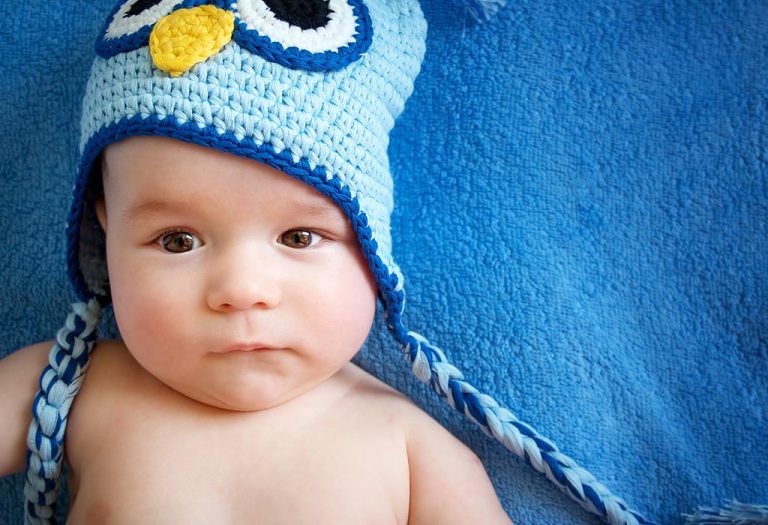
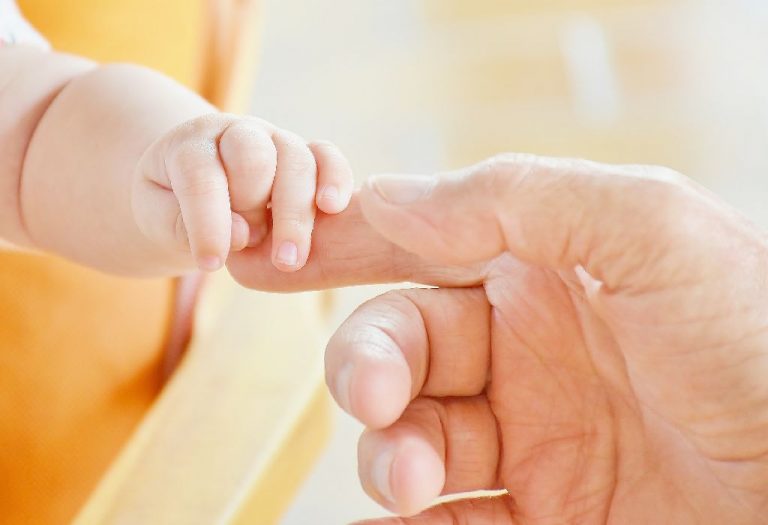
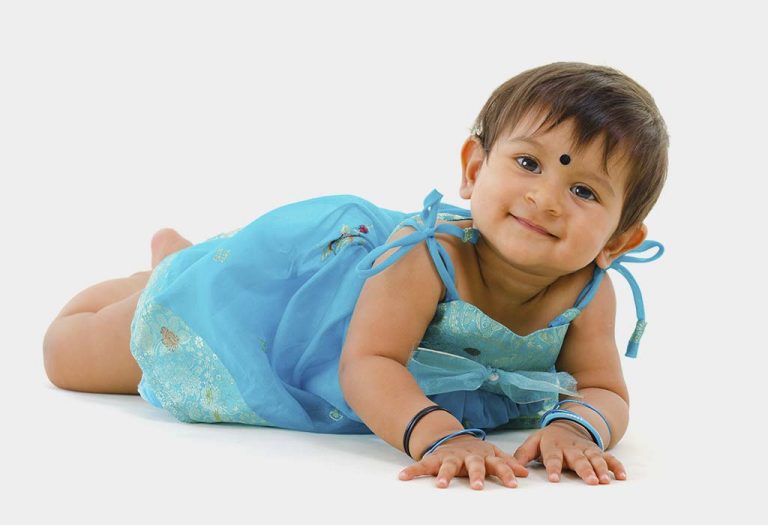
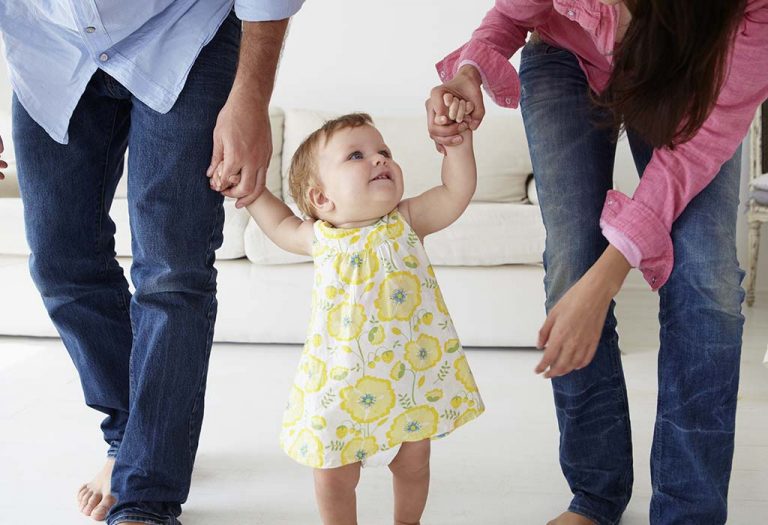
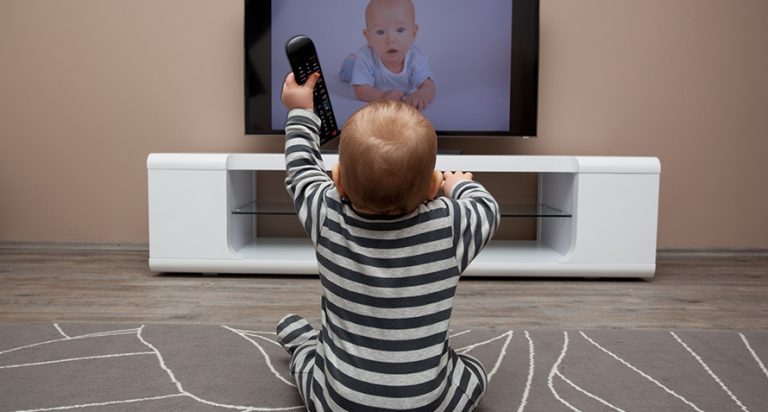
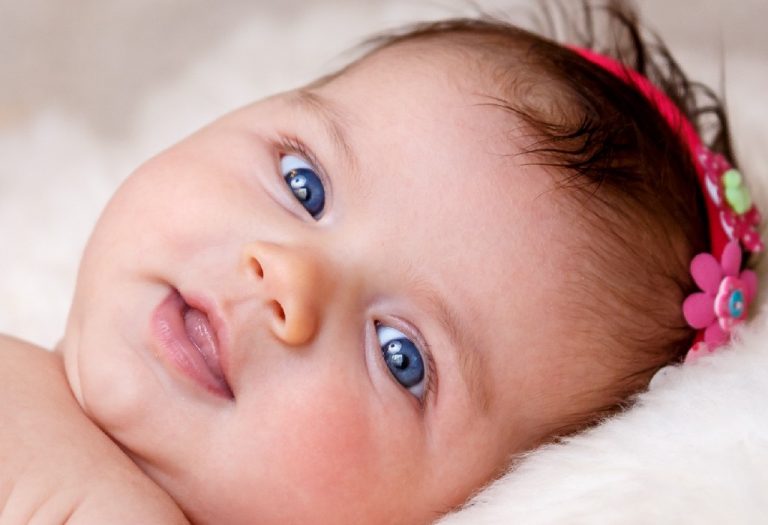

.svg)








